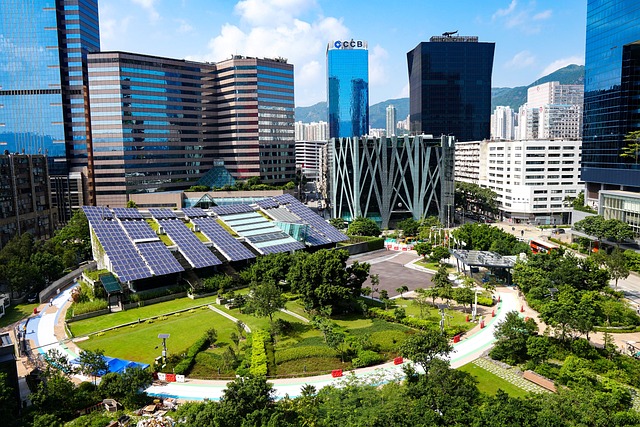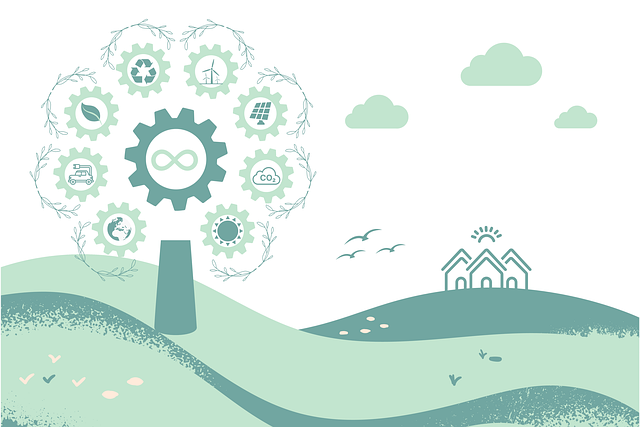Beyond Recycling: The Essential Guide to Sustainable Living

In today’s fast-paced world, the concept of sustainable living has become more important than ever. As we face the challenges of climate change, resource depletion, and environmental degradation, adopting a sustainable lifestyle can make a significant difference. But what exactly does sustainable living entail, and how can we incorporate it into our daily lives? Let’s explore some practical steps to embrace a greener future.
Understanding Sustainable Living
Sustainable living is all about making choices that reduce our environmental impact and promote the well-being of our planet. It involves using resources wisely, minimizing waste, and making conscious decisions that support ecological balance. By adopting sustainable practices, we can help preserve natural resources for future generations and contribute to a healthier, more sustainable world.

Practical Steps to Sustainable Living
- Reduce, Reuse, Recycle: The three R’s are the cornerstone of sustainable living. Reduce your consumption by choosing products with minimal packaging and avoiding single-use items. Reuse items whenever possible, and recycle materials like paper, plastic, and glass to keep them out of landfills.
- Conserve Energy: Simple actions like turning off lights when not in use, using energy-efficient appliances, and unplugging devices can significantly reduce your energy consumption. Consider investing in renewable energy sources like solar panels to power your home sustainably.
- Choose Sustainable Transportation: Opt for public transportation, carpooling, biking, or walking instead of driving alone. If you need a car, consider an electric or hybrid vehicle to reduce your carbon footprint.
- Support Sustainable Products: Choose products made from sustainable materials and those that are ethically produced. Look for certifications like Fair Trade, organic, and eco-friendly labels to ensure your purchases align with your values.
- Eat a Plant-Based Diet: Reducing meat consumption and incorporating more plant-based foods into your diet can lower your environmental impact. Plant-based diets require fewer resources and produce fewer greenhouse gases compared to meat-heavy diets.
- Grow Your Own Food: Start a garden to grow your own fruits, vegetables, and herbs. Not only does this reduce your reliance on store-bought produce, but it also promotes a deeper connection with nature.
- Minimize Water Usage: Conserve water by fixing leaks, using water-efficient fixtures, and collecting rainwater for gardening. Simple habits like turning off the tap while brushing your teeth can make a big difference.
- Reduce Waste: Aim to produce less waste by composting organic materials, avoiding disposable products, and choosing reusable items like cloth bags, bottles, and containers.
The Benefits of Sustainable Living
Adopting a sustainable lifestyle offers numerous benefits beyond environmental preservation. It can lead to cost savings, improved health, and a greater sense of community. By making conscious choices, we can create a positive impact on our planet and inspire others to do the same.
Conclusion
Sustainable living is a journey that requires commitment and mindfulness. By taking small, consistent steps, we can collectively make a significant difference. Let’s embrace sustainable living and work towards a greener, healthier future for ourselves and generations to come.










